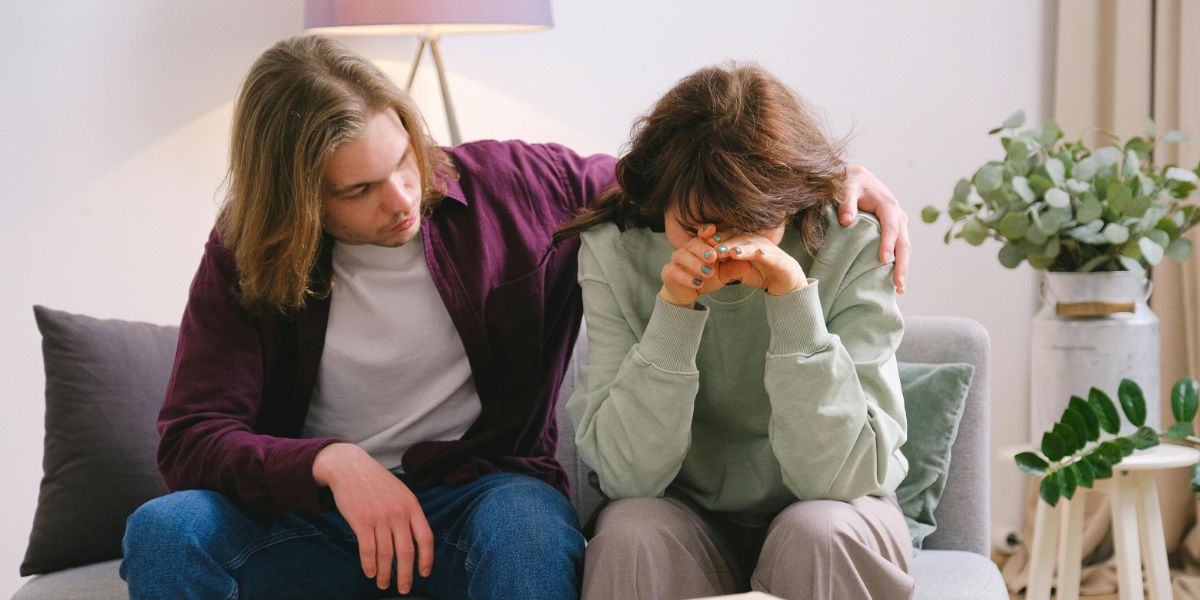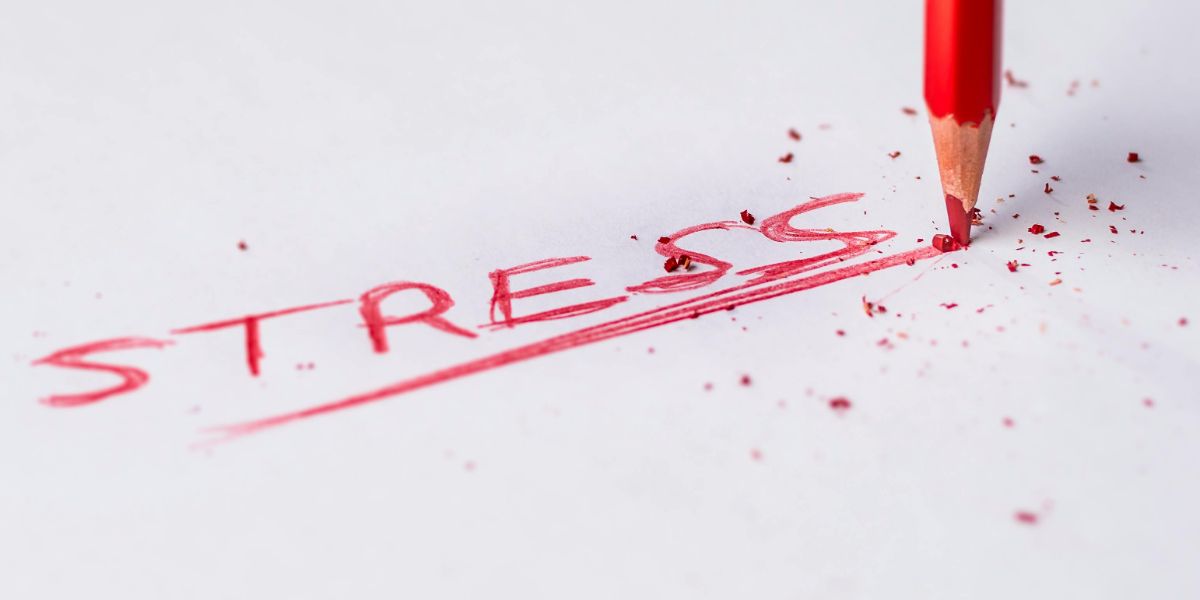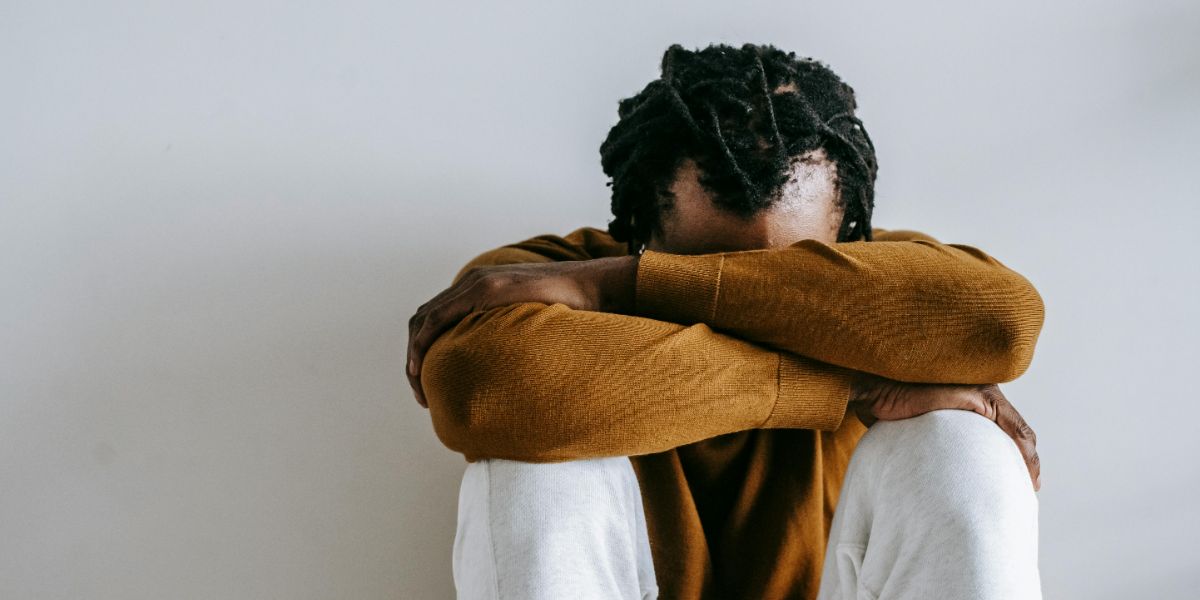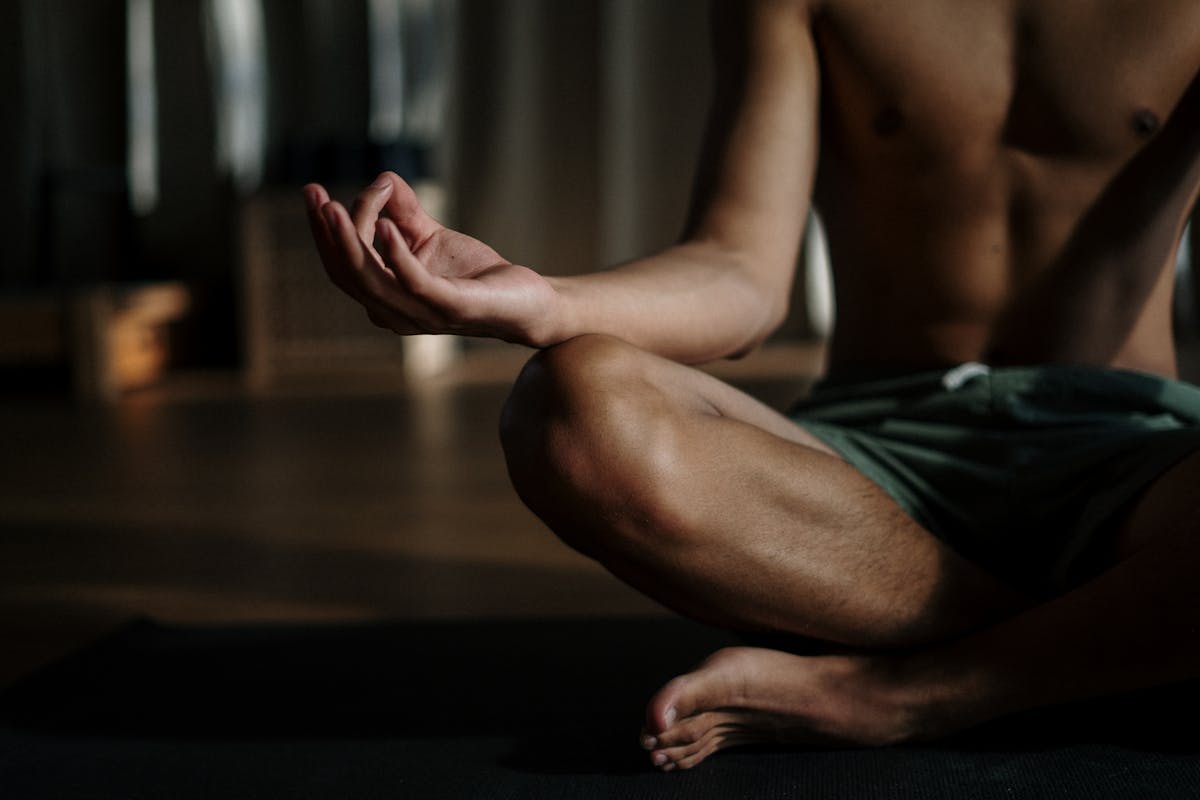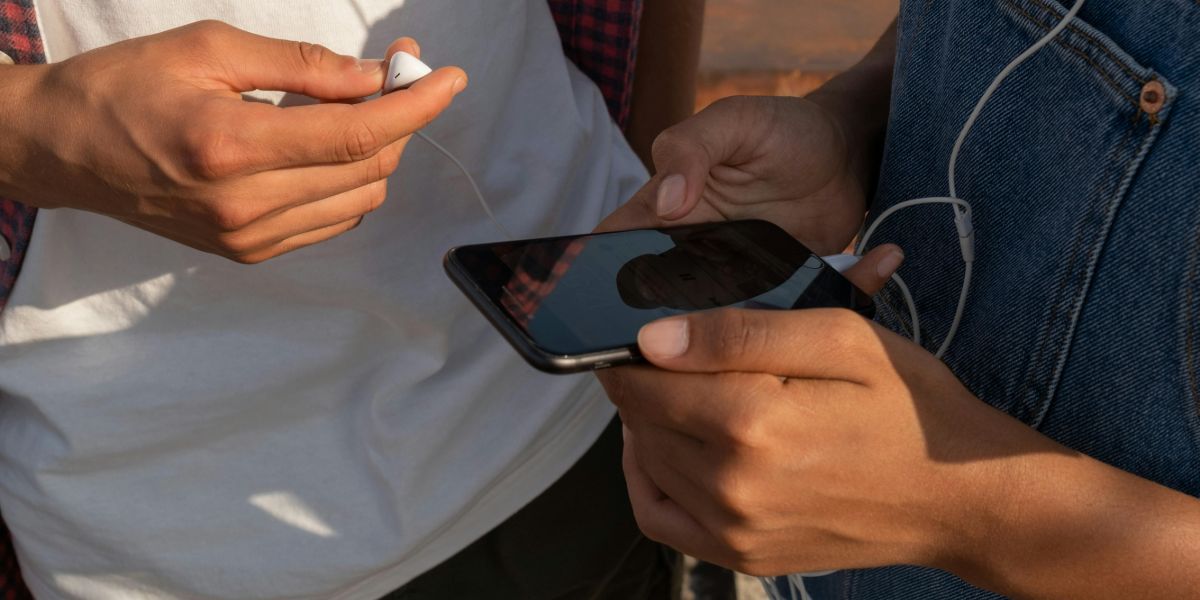Malibu’s Unique Approach: Outdoor Activities in Recovery Programs
Explore phone use policies at Malibu rehab centers to understand how they balance recovery focus with connectivity needs.
Social Media’s Role in Celebrities’ Body Image Issues and Mental Health
This article discusses the impact of social media on celebrities' body image, the role of public scrutiny, and how celebrities can mitigate these negative effects.
Addiction and Grief: Coping with Loss Without Turning to Substances
This article discusses the link between grief and addiction, the risks of substance use, healthy coping strategies, effective treatment approaches, and the possibility of healing without substances.
Overcoming the Stigma of Addiction
Discover key strategies to combat addiction stigma, including changing language, raising awareness, addressing systemic issues, and directly challenging discriminatory attitudes.
Supporting a Partner with Mental Health Challenges
What Does It Mean to Support a Partner with Mental Health Challenges? Supporting a partner with mental health challenges means being there for them in their journey towards mental wellness. It involves understanding their condition, empathizing with their experiences,...
Unpacking the Transactional Model of Stress
Learn the key components, coping strategies, and applications of the Transactional Model of Stress for effective stress management.
Effective Strategies for Managing Cravings During Addiction Recovery
What are the Best Strategies for Managing Cravings in Addiction Recovery? Cravings are a common part of the recovery process, often serving as a sign that your brain is healing. The key lies in managing them effectively rather than...
Exploring Guided Meditation: Techniques, Benefits, and Resources
What is Guided Meditation? Guided meditation is a method of meditation where an individual is verbally guided by a calming voice through a specific meditation technique. It’s an excellent way for beginners to start meditating as it provides clear...
What is Mindfulness-Based Stress Reduction (MBSR)?
What is Mindfulness-Based Stress Reduction (MBSR)? Mindfulness-Based Stress Reduction (MBSR) is a group program that utilizes meditation and yoga techniques to aid individuals in stress reduction. Often combined with Cognitive-Behavioral Therapy (CBT) for a very effective stress reduction protocol....
Deep Brain Stimulation
In 2023, a record 112,000 people in the U.S. died after overdosing on drugs, including illicit drugs and prescription opioids. There are several psychological and pharmaceutical treatments available for addiction. Sadly, as many as 75% to 98% of patients...




